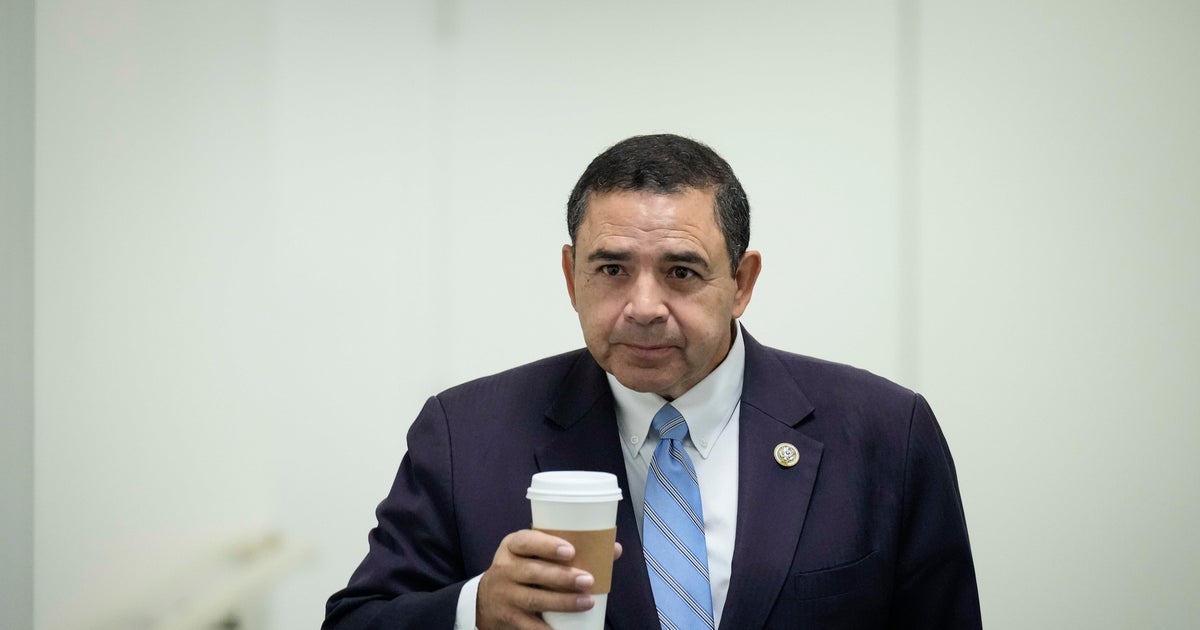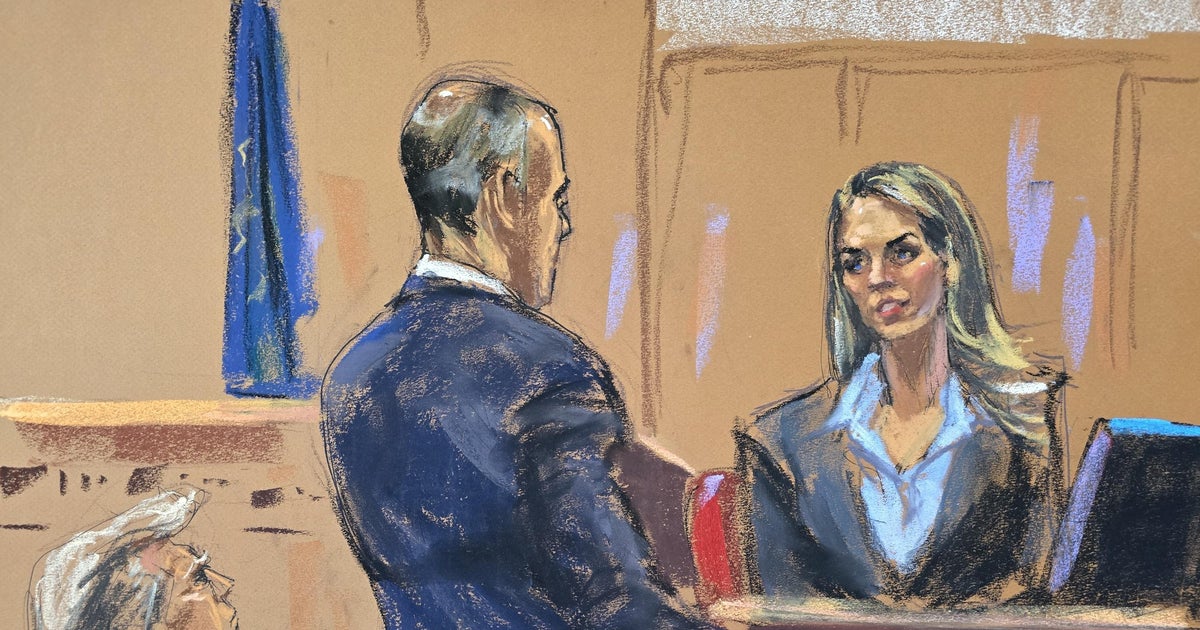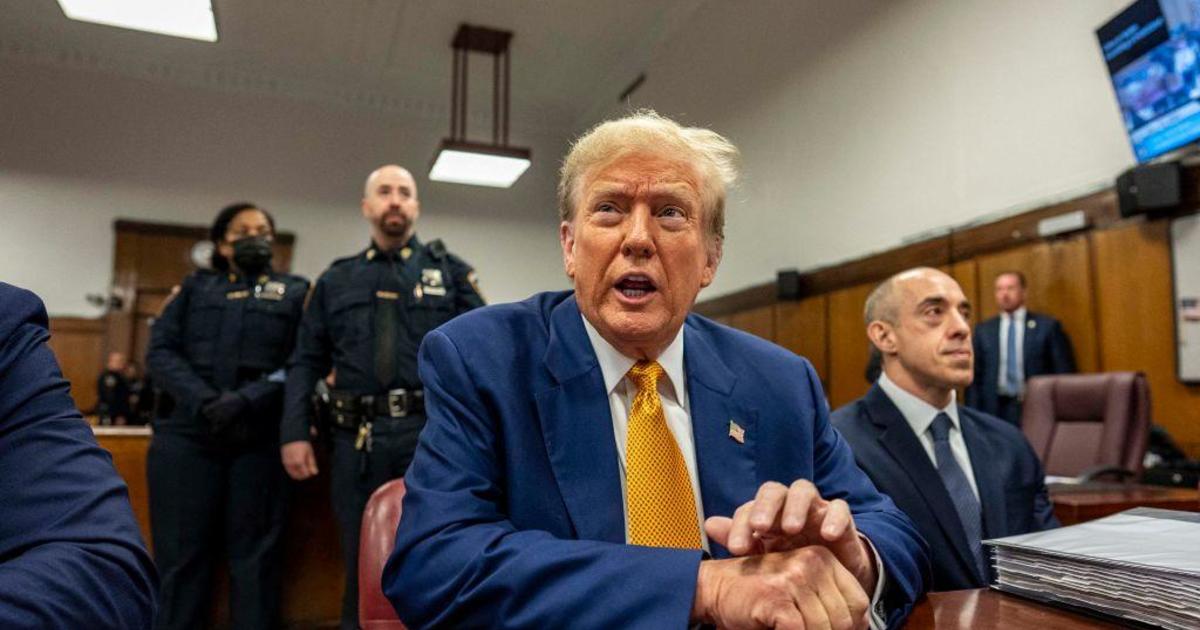Trump will not declassify Democrats' current memo, White House says
President Trump will not declassify the current version of a memo drafted by Democrats on the House Intelligence Committee, the White House said in a letter Friday night. The Democrats' memo is a rebuttal to apreviously released GOP memo on alleged surveillance abuses involving former Trump campaign official Carter Page.
"Although the President is inclined to declassify the Feb. 5th memorandum, because the memorandum contains numerous properly classified and especially sensitive passages, he is unable to do so at this time," the letter from White House counsel Don McGahn to Devin Nunes, chairman of the House Intelligence Committee, reads.
The White House letter said Justice Department officials should make themselves available to provide technical assistance, "should the committee wish to revise the February 5th memorandum to mitigate the risks identified by the Department."
At the White House's request, Deputy Attorney General Rod Rosenstein and FBI Director Christopher Wray also sent a letter to the White House identifying the areas of concern in the Democratic memo.
On Saturday morning, Mr. Trump took to Twitter to call the Democratic memo "very political."
In a statement, Ranking Member Adam Schiff, D-California, said, "One week ago, the Department of Justice and FBI implored the White House not to release a deeply flawed and inaccurate memo prepared by Chairman Devin Nunes. The White House ignored their concerns and approved the publication of the Republican memo with no redactions even though the action was described by the agencies as extraordinarily reckless and omitting material facts."
"The Democratic response sets out the material facts that were necessary for the public to see that the FBI acted properly in seeking a FISA warrant on Carter Page. After promising to treat the Democratic response in precisely the same way, the White House now seeks to have the Democratic memo sent back to committee and revised by the same Majority that produced the flawed Nunes document to begin with," the statement said.
It is not yet clear how the Committee will proceed from here. Under the arcane rule used to publicly release the memo, it could opt to make the suggested redactions; to override the President's decision and submit the matter to the whole House for a vote; or to simply let the Democrats' memo remain classified and hidden from public view.
On Monday, after the House Intelligence committee voted unanimously to release the Democrats' 10-page memo, Schiff also said the DOJ and FBI had been reviewing it for "several days."
The Democrats, Schiff said, wanted to be sure that "any redactions that are made are fully explained by the FBI and the Department of Justice and likewise by the White House. We want to make sure that the White House does not redact our memo for political purposes and that's obviously a deep concern."
Democrats had concerns with the GOP memo over sensitive information as well, but the president declassified that. Earlier in the week, some Republicans claimed the Democratic memo purposely drew on an abundance of classified material that, once blocked, could be used as political leverage to cry foul.
On Friday, the president met with FBI Director Christopher Wray, the principal associate deputy attorney general and the White House counsel's office to discuss the Democratic memo, according to the White House. It is not yet clear what specific national security and law enforcement concerns were raised. The president was given five days to oppose the release of the Democratic memo; it is not clear if this decision .
The four-page Republican memo, which the President agreed to have released last week, argued that FBI surveillance of former Trump campaign official Carter Page was authorized wrongly on the basis of claims made in an unverified dossier authored by former British intelligence agent Christopher Steele, who was hired by Fusion GPS, which had been retained by the Democratic National Committee and the Clinton campaign.
The GOP memo also claimed former FBI Deputy Director Andrew McCabe testified before the House Intelligence Committee in December 2017 that no surveillance warrant would have been sought without the Steele dossier information. But there is no direct quote from McCabe's (behind-closed-doors) testimony about the use of the Foreign Intelligence Surveillance Act (FISA).
Several days before the Republicans' memo was released by the White House, the FBI issued a rare public statement saying the agency had "grave concerns about material omissions of fact that fundamentally impact the memo's accuracy."
The Democrats' memo is said to be a point-by-point rebuttal of the GOP memo, and to dispel claims that a judge reviewing the FISA application was not made aware of the political origins of the Steele dossier. It is also said to clarify McCabe's remarks, which Democrats say the Republican memo mischaracterizes.
The lack of clear resolution on the memo's fate, however temporary, may further delay the Committee's principal task of investigating Russian meddling in the 2016 election.
In his Friday statement, Schiff also said, "We hope this matter can be quickly resolved so the committee can return to its charge — fully investigating the Russian interference in our election and the role of the Trump campaign."
He said that included identifying necessary steps to protect against foreign interference in the next election, "now only months away."
CBS News' Olivia Victoria Gazis contributed to this report.



